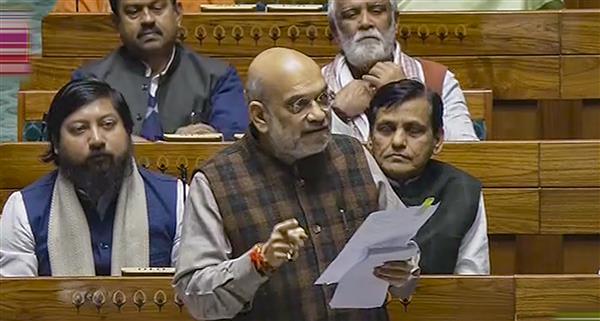The newly enacted laws–the Bharatiya Nyaya Sanhita, the Bharatiya Nagarik Suraksha Sanhita and the Bharatiya Sakshya Act–to completely overhaul the criminal justice system in the country will come into effect from July 1.
The three laws got the Parliament’s approval on December 21 last year and President Droupadi Murmu gave her assent on December 25. According to three identical notifications issued by the Union Home Ministry, provisions of the new laws will come into force from July 1.
The laws will replace the colonial-era Indian Penal Code, the Code of Criminal Procedure and the Indian Evidence Act of 1872 respectively. The three legislations aim at completely overhauling the criminal justice system in the country by giving definitions of various offences and their punishments.
Home Minister Amit Shah said under the new laws, ‘desh droh’ has been clearly defined as acts endangering the unity, integrity, sovereignty, security or economic security of the country. He added that no one will be booked for speaking against the government.
Talking about the three new laws, Shah said, “The objective of the three criminal laws is to achieve justice as envisaged in the Constitution. We have adopted a three-pronged approach to ensure speedy delivery of justice and timelines have been added in 35 sections of the new laws at various stages of police investigation, prosecution and judiciary.”
“Timelines have been set for investigation, arrest, chargesheet, proceedings before magistrate, plea bargaining, appointment of assistant prosecutor, trial, bail, judgment, punishment and mercy petition,” he added.
Shah expressed confidence and said that once completely implemented, under the new laws, any citizen who lodges an FIR will be able to get justice within three years. “Delays in the criminal justice system will become a thing of the past,” he said.



